Twenty years ago a distinguished and influential South African publisher rubbed his hands together and said: “Now that we have our freedom I’m looking forward to the great South African novel.”
Our Gone With the Wind, our To Kill a Mockingbird, is yet to be written. But what is happening in our vital local book world, populated as it is by writers of talent equal to anyone anywhere, is that our hidden stories are slipping their bonds all the time, both in fiction and non-fiction. There is, after all, a great deal to write about.
At the moment, non-fiction is leading the field. I think of Peter Harris’ deeply moving In a Different Time (which won him the Alan Paton Award), the story of an undercover Umkhonto we Sizwe unit on trial in what was a sensational apartheid court case. I think of Steven Robins’ Letters of Stone, a moving personal story seeking to trace his family, lost to the Holocaust. But it was more than a personal story. It was about eugenics in this country as well as Nazi Germany and it was a chilling and haunting exploration of race both in Europe and South Africa. Jonny Steinberg’s 2002 novel Midlands was so prescient about the problem of land bought, inherited or lying fallow that it could have been written yesterday. There are many other revelatory books
Now comes another non-fiction book to add to the canon, Redi Tlhabi’s passionate story of the life of the woman we knew as Khwezi, the faceless woman who accused Jacob Zuma of rape two years before he became president of South Africa. It is more than the life story of Fezekile Ntsukela Kuzwayo, though. It reveals long held attitudes towards rape and violence, inextricably linked and, like incest, kept tightly hidden for shame. Khwezi makes for a riveting read and in its own sad way is a successor to the book which won Redi the Alan Paton Award for Endings & Beginnings.
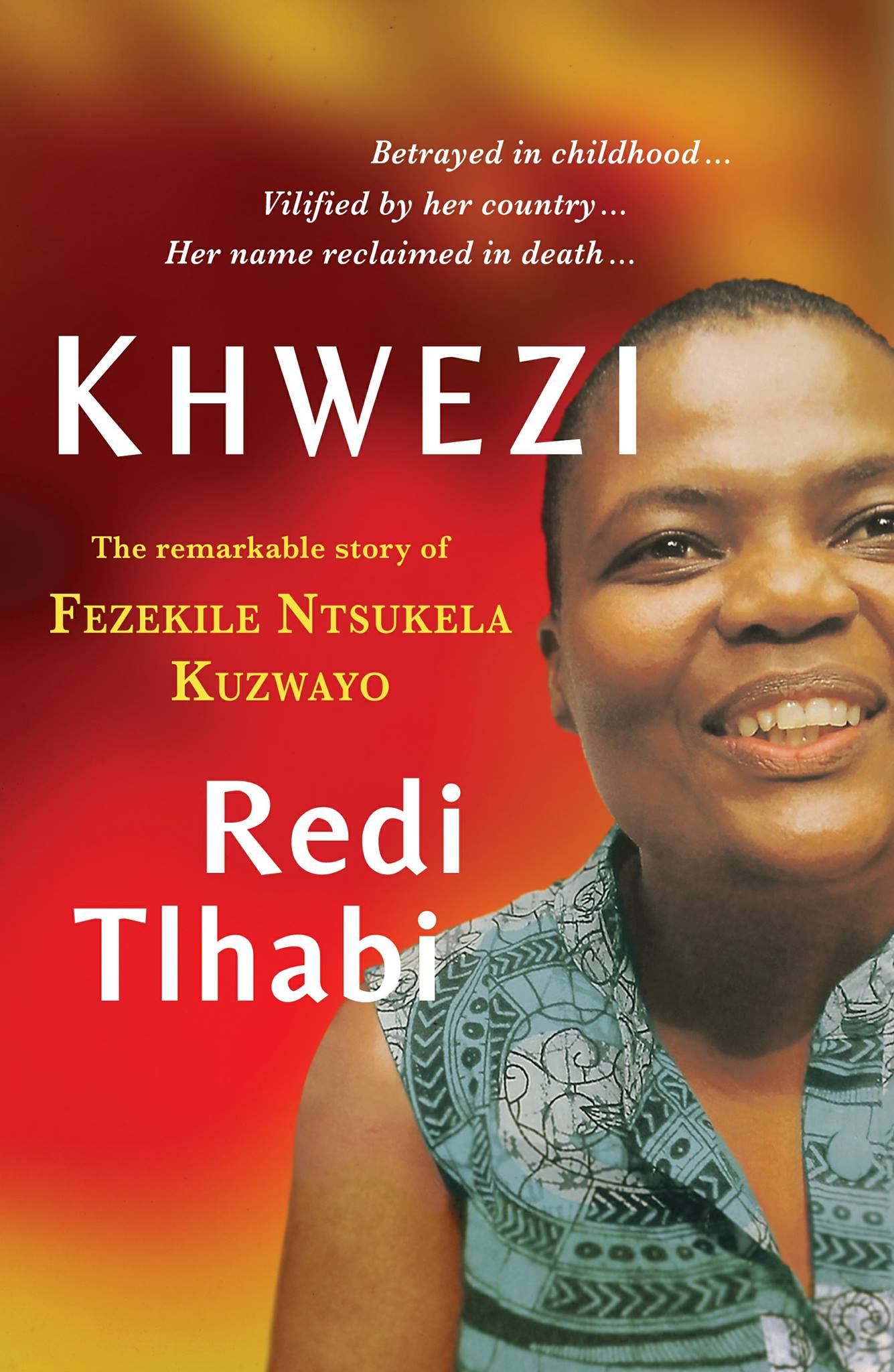 It was no surprise to me that Khwezi made for compulsive, weekend reading. Friends of mine downed the book in great gulps, put it down and then opened it again to read more slowly.
It was no surprise to me that Khwezi made for compulsive, weekend reading. Friends of mine downed the book in great gulps, put it down and then opened it again to read more slowly.
Why you’ll enjoy it:
Khwezi the woman fled South Africa after the rape trial and lived under her fictitious name until shortly before her untimely death. She had no choice. Living in the Netherlands, her mother’s house had been burnt to the ground and there was real cause to believe that her life was in danger. Understanding the trauma and what it says about the violence in our own communities makes for a profoundly disturbing read. It’s been written with controlled anger.
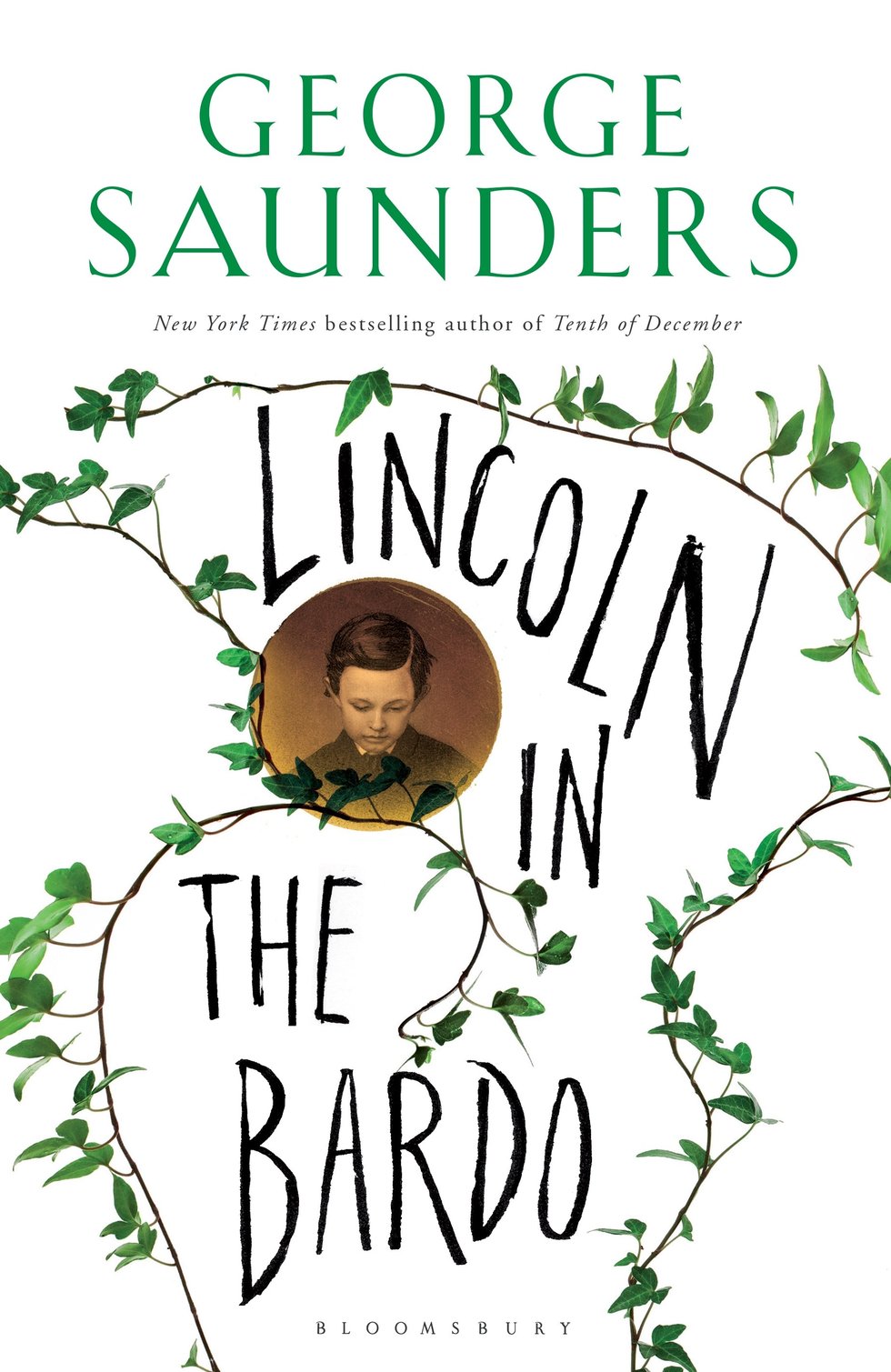 Nothing prepares you for the journey that lies ahead when you open the pages of the New York Times bestseller, Lincoln in the Bardo by George Saunders, and the only US novel to make it to the shortlist of this year’s Man Booker Award. Not even the next page can be predicted.
Nothing prepares you for the journey that lies ahead when you open the pages of the New York Times bestseller, Lincoln in the Bardo by George Saunders, and the only US novel to make it to the shortlist of this year’s Man Booker Award. Not even the next page can be predicted.
Why you’ll enjoy it:
The bardo is the place in Tibetan tradition where souls spend time in transition, squabbling, keening, and losing their knowledge of who they once wore. Joining them is the dead 11-year-old Willie Lincoln, son of the President of the United States. The Civil War rages, as do the restless souls in the bardo. Abraham Lincoln visited his dead son in his crypt twice, on successive nights and it is around these heartbreaking visits that George Saunders has written a book Khaled Hosseini says “(it) makes you feel as though you are reading fiction for the first time.” You will get to know the ghosts so well that you almost miss them when you finally close the book and revert to the land of the living.
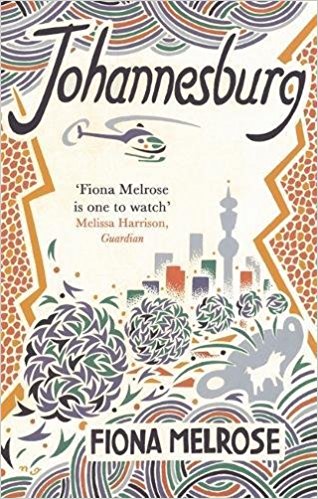 Fiona Melrose shot into our lives with her first novel Midwinter, which made it onto the Baileys longlist first time around. In quick succession, her second work of fiction, Johannesburg, was published last month.
Fiona Melrose shot into our lives with her first novel Midwinter, which made it onto the Baileys longlist first time around. In quick succession, her second work of fiction, Johannesburg, was published last month.
Why you’ll enjoy it:
All the action takes place on the day Nelson Mandela died (6 December 2013). Central to the story is a Houghton house not far from Nelson Mandela’s, where people begin congregating. A domestic worker, her hunchback brother, a cold mother and her daughter who flies in from the US to celebrate her mother’s 80th birthday. There’s also a mining magnate (of course!) and a novelist. You have no idea where the story is taking you but there’s a clue: remember Virginia Woolf’s Mrs Dalloway.
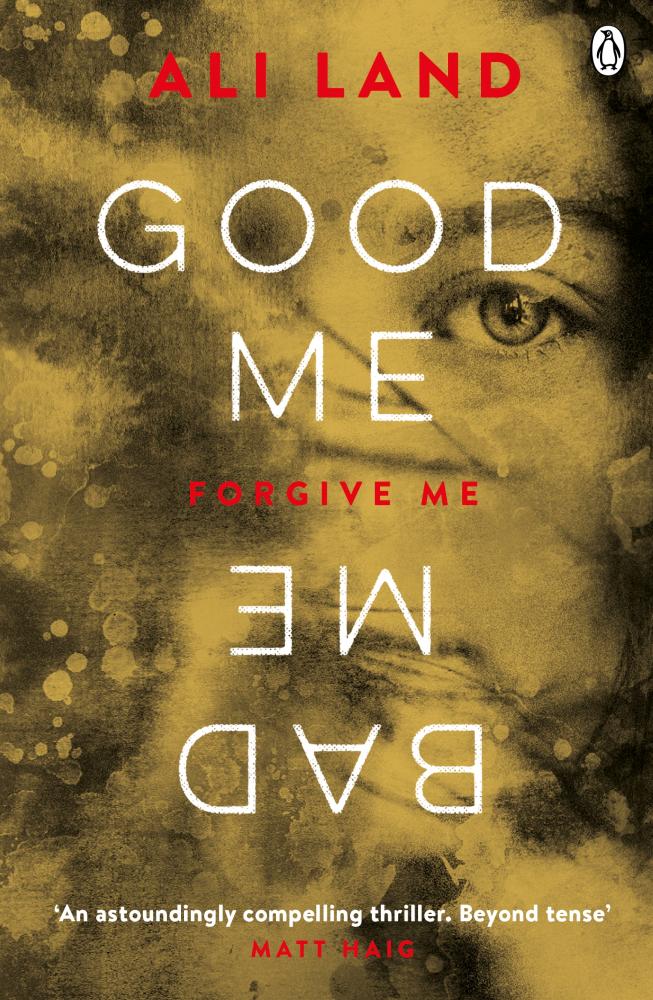 There’s nothing like a good thriller to titillate the reading gene. Most people remember Stieg Larson, and most people remember the runaway success of Paula Hawkins The Girl on the Train. Now another one is being touted as it’s successor, albeit by a different author. You can’t argue with a bidding war and frenzied publishers in 20 countries grabbing rights for it. Good Me Bad Me by Ali Land
There’s nothing like a good thriller to titillate the reading gene. Most people remember Stieg Larson, and most people remember the runaway success of Paula Hawkins The Girl on the Train. Now another one is being touted as it’s successor, albeit by a different author. You can’t argue with a bidding war and frenzied publishers in 20 countries grabbing rights for it. Good Me Bad Me by Ali Land
Why you’ll enjoy it:
For a start, it’s immensely creepy, much more so than The Girl on the Train. Here’s the plot: Annie’s mother is a serial killer. How can Annie survive the horror, and the fear? By turning her mother in and looking forward to a new life under a new name. the trouble is, she has to face her mother at her trial and, as the book says, love is thicker than water. Adding another dimension to the book described as ‘an astoundingly compelling thriller beyond tense’ is the fact that the author, Ali Land, spent more than a decade working as a Child and Adolescent Mental Health Nurse in hospitals and schools in the UK and Australia. Go figure …
JENNY CRWYS-WILLIAMS

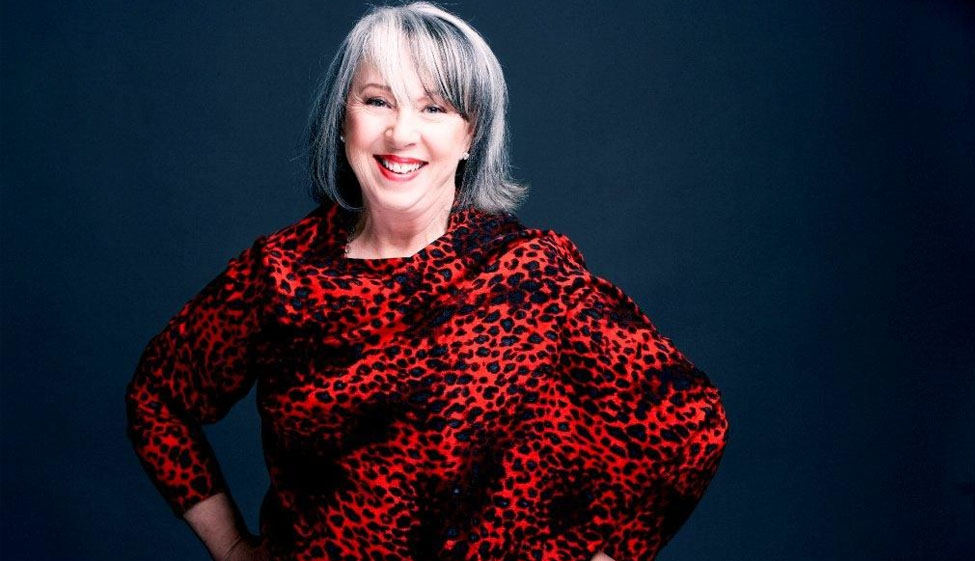


No comments yet.